On July 29th, returning from a trip to Europe, Jacob Appelbaum, a lanky, unassuming 27-year-old wearing a black T-shirt with the slogan "Be the trouble you want to see in the world," was detained at customs by a posse of federal agents. In an interrogation room at Newark Liberty airport, he was grilled about his role in Wikileaks, the whistle-blower group that has exposed the government's most closely guarded intelligence reports about the war in Afghanistan. The agents photocopied his receipts, seized three of his cellphones — he owns more than a dozen — and confiscated his computer. They informed him that he was under government surveillance. They questioned him about the trove of 91,000 classified military documents that Wikileaks had released the week before, a leak that Vietnam-era activist Daniel Ellsberg called "the largest unauthorized disclosure since the Pentagon Papers." They demanded to know where Julian Assange, the founder of Wikileaks, was hiding. They pressed him on his opinions about the wars in Afghanistan and Iraq. Appelbaum refused to answer. Finally, after three hours, he was released.
Sex, Drugs, and the Biggest Cybercrime of All Time
Appelbaum is the only known American member of Wikileaks and the leading evangelist for the software program that helped make the leak possible. In a sense, he's a bizarro version of Mark Zuckerberg: If Facebook's ambition is to "make the world more open and connected," Appelbaum has dedicated his life to fighting for anonymity and privacy. An anarchist street kid raised by a heroin- addict father, he dropped out of high school, taught himself the intricacies of code and developed a healthy paranoia along the way. "I don't want to live in a world where everyone is watched all the time," he says. "I want to be left alone as much as possible. I don't want a data trail to tell a story that isn't true." We have transferred our most intimate and personal information — our bank accounts, e-mails, photographs, phone conversations, medical records — to digital networks, trusting that it's all locked away in some secret crypt. But Appelbaum knows that this information is not safe. He knows, because he can find it.
He demonstrates this to me when I meet him, this past spring, two weeks before Wikileaks made headlines around the world by releasing a video showing U.S. soldiers killing civilians in Iraq. I visit him at his cavernous duplex in San Francisco. The only furniture is a black couch, a black chair and a low black table; a Guy Fawkes mask hangs on a wall in the kitchen. The floor is littered with Ziploc bags containing bundles of foreign cash: Argentine pesos, Swiss francs, Romanian lei, old Iraqi dinars bearing Saddam Hussein's face. The bag marked "Zimbabwe" contains a single $50 billion bill. Photographs, most of them taken by Appelbaum, cover the wall above his desk: punk girls in seductive poses and a portrait of his deceased father, an actor, in drag.
The Battle For Facebook
Appelbaum tells me about one of his less impressive hacking achievements, a software program he invented called Blockfinder. It was not, he says, particularly difficult to write. In fact, the word he uses to describe the program's complexity is "trivial," a withering adjective that he and his hacker friends frequently deploy, as in, "Triggering the Chinese firewall is trivial" or "It's trivial to access any Yahoo account by using password-request attacks." All that Blockfinder does is allow you to identify, contact and potentially hack into every computer network in the world.















